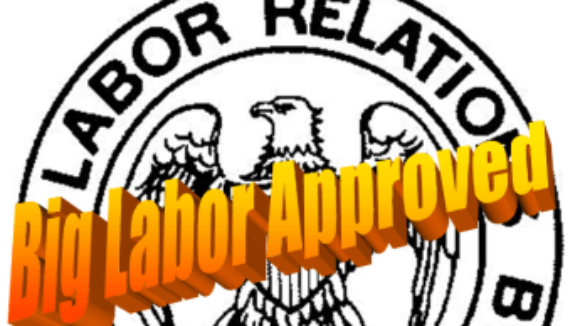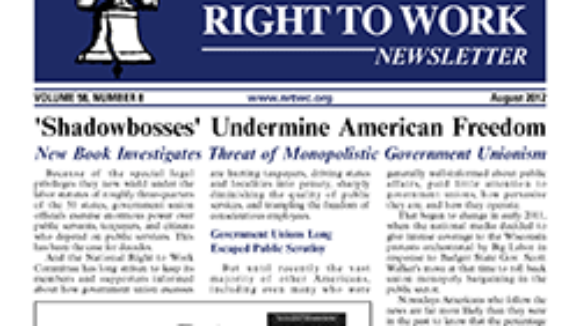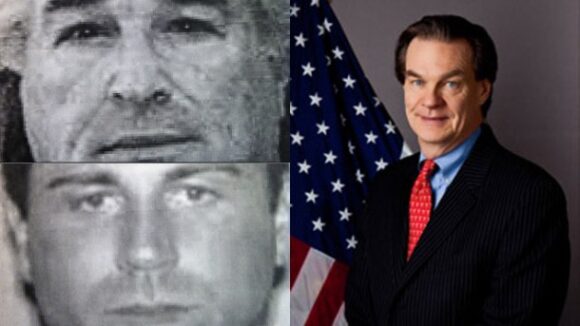42 GOP Senators Challenge Obama's So-Called NLRB "Recess" Appointments
Forty-Two United States Senators have joined with the National Right to Work Legal Foundation in protesting President Obama's illegal appointment to the National Labor Relations Board: [media-credit name=" " align="alignright" width="150"][/media-credit]Forty-two Republican senators filed an amicus brief this week in the case of Noel Canning Div. of Noel Corp. v. NLRB, D.C. Cir., No. 12-1115, arguing that the Board lacks a quorum because President Obama's January 2012 recess appointments were invalid. Employer Noel Canning has petitioned the Court of Appeals to deny enforcement to a Board decision by a three-member panel. Among their arguments, the employer asserts that panel members Sharon Block and Terence F. Flynn were not confirmed by the Senate and that Congress was in session at the time of their purported recess appointments.


